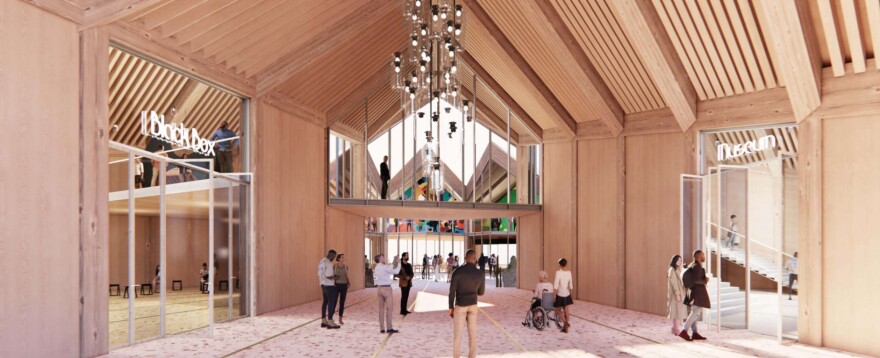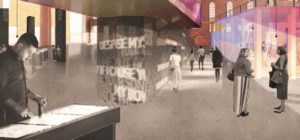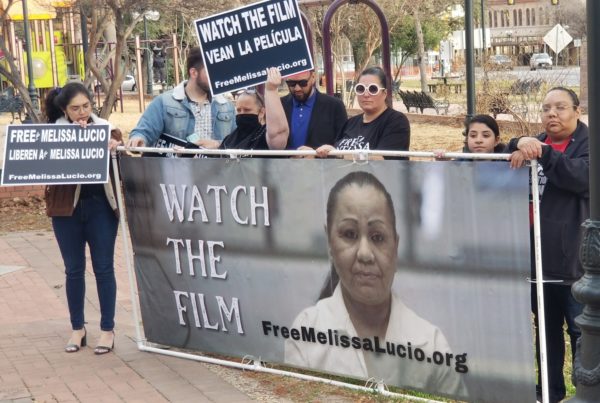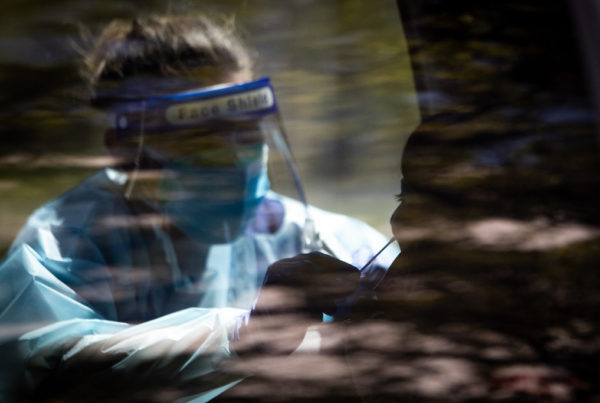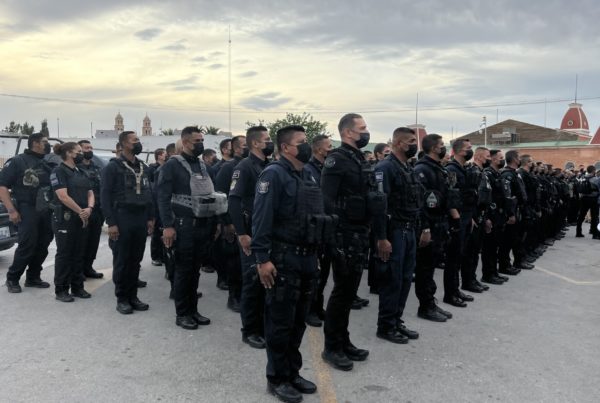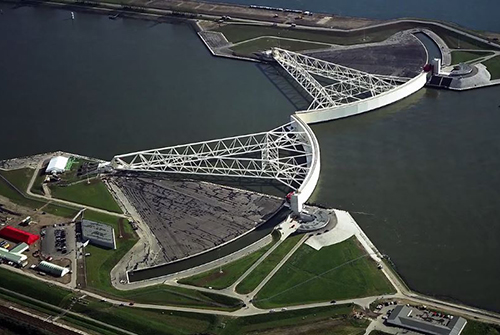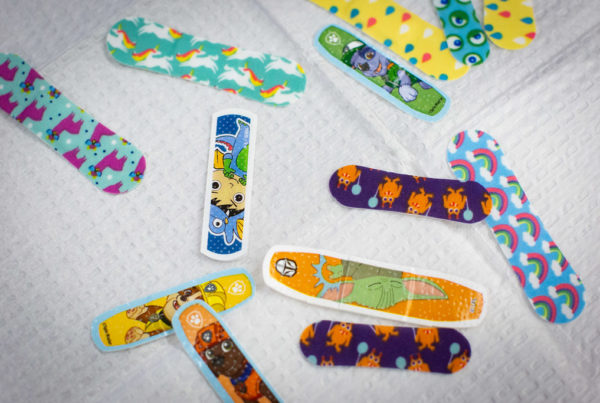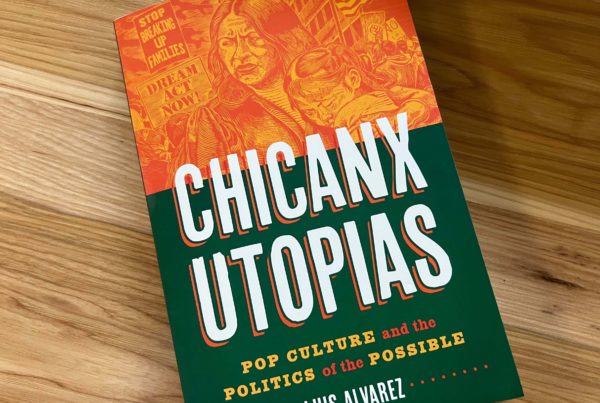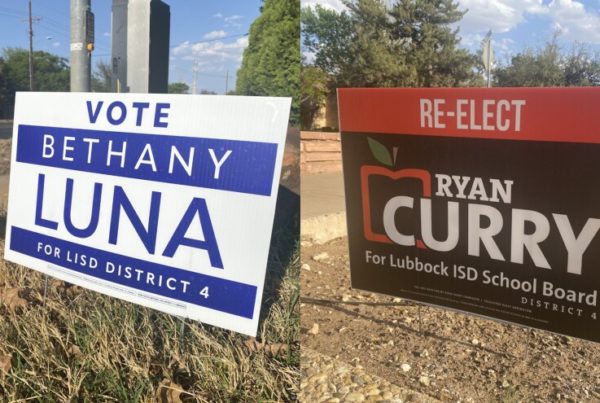From KERA:
Three new cultural centers and museums are in different stages of development in Fort Worth. All three will address African-American art and history — but they’ll still be very different.
Dr. John Barnett Jr. thinks this confluence of three, new, Black cultural projects getting underway will be appreciated only in the future, in hindsight — the way the start of great changes are often not fully understood as they happen.
“I think we’ve reached an inflection point,” Dr. Barnett said. He’s leading the effort to build The Fort Worth African American Museum and Cultural Center.
“You know, it seems that fate has touched us, and change has come to Fort Worth.”
The leaders of all three projects worry the public may confuse them, lump all three together. In which case, why three centers? Why not just one to handle African-American history and culture and Juneteenth?
But Adam McKinney, a founding member of the Fred Rouse Center for Arts and Community Healing, argues the multiple centers reflect a strength of what’s happening here. There is no single Black culture, he says, no single Black experience.
“Our interest,” McKinney said, “is to offer a multitude of Black people’s experiences within Fort Worth and across the country.”
Here’s the current status of all three efforts:
Dr. Barnett is co-chair of the steering committee behind the forthcoming museum. The committee has researched five possible sites — including two in the city’s Cultural District. They’ve paid for a feasibility study and members of the committee will be checking out leading Black museums around the country this summer.
But they’re not in the hiring a designer-and-raising-the-big-money phase yet.
Dr. Barnett is an art collector himself and he believes that even with the city’s renowned museums, there’s a need for one that centers Black artists and their achievements.
He’s also not shy about the museum’s ambitions.
“I don’t have a small vision for what I think this could be,” he said, “because I think it’s critical to stimulate our city into healing and acceptance. So we’re talking about a museum on the caliber of the Amon Carter or the Kimbell.”
While the African-American cultural museum doesn’t have a site or a building yet, the Fred Rouse Center has both. It gained nationwide attention by aiming to repurpose the red- brick Ku Klux Klan hall built in 1924 on Fort Worth’s Northside. (The collective organization that’s working to reclaim the hall is Transform 1012 North Main.)
Adam McKinney is a founding board member of the Rouse Center. He says, with the former Klan hall as its home, it’ll inevitably address the building’s racist origins.
But it won’t be a history museum, he said. Instead, the Rouse Center will use the arts to help those communities damaged by prejudice.
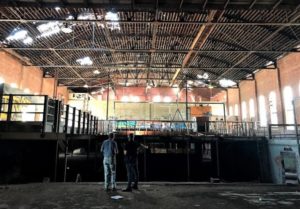
Interior of Ku Klux Klan hall facing the front of the building on Main Street. Historian Richard Selcer and KERA’s Jerome Weeks are standing on the stage.
“The way in which white supremacy was instilled in our community,” McKinney said, “was the silencing of people of the global majority. And so we hope to do the exact opposite by bringing our experiences forward.”
And that’ll require more than art exhibitions or live performances.
“We hope to create meeting spaces for racial equity and leadership training,” McKinney said, “outdoor spaces for community gardens. A tool library, and a market place and affordable live-work spaces.”
At the moment, the Rouse Center has received several national grants, but is starting on the local fundraising it needs to realize these visions.
Like the Fred Rouse Center, the National Juneteenth Museum is taking a community-service approach. But on a notably larger scale.
Dione Sims is the museum’s executive director. She’s also the granddaughter of Opal Lee — the 95-year-old activist who marched to have Juneteenth recognized as a national holiday.
All this means the museum has a national profile and an inspiring story.
Naturally, the museum will celebrate what Juneteenth represents: The moment in 1865 when enslaved Blacks in Texas learned they were free. But Sims says the range of the museum will be wider and richer than a single event. It’ll explore the history and broader meanings of freedom itself.
And more locally, “we’re wanting to help restore the Historic Southside,” Sims said. “I think it’s an underserved community that was once a thriving bed of commerce, of economic development, of culture.”
To that end, the design for the Juneteenth Museum on East Rosedale near I-35 will address the needs of neighborhood residents with affordable housing, offices, a performance space, public meeting rooms.
“There’s also an incubator for small businesses to get started,” Sims said. “And there’s a food hall. So there’s going to be, I think, five African-American restaurants.”
Got a tip? Email Jerome Weeks at jweeks@kera.org. You can follow him on Twitter @dazeandweex.


